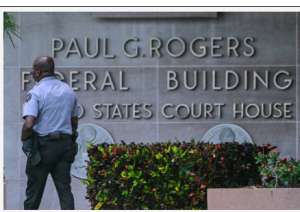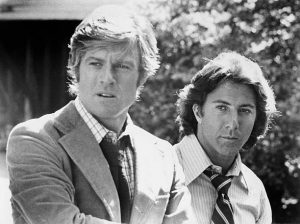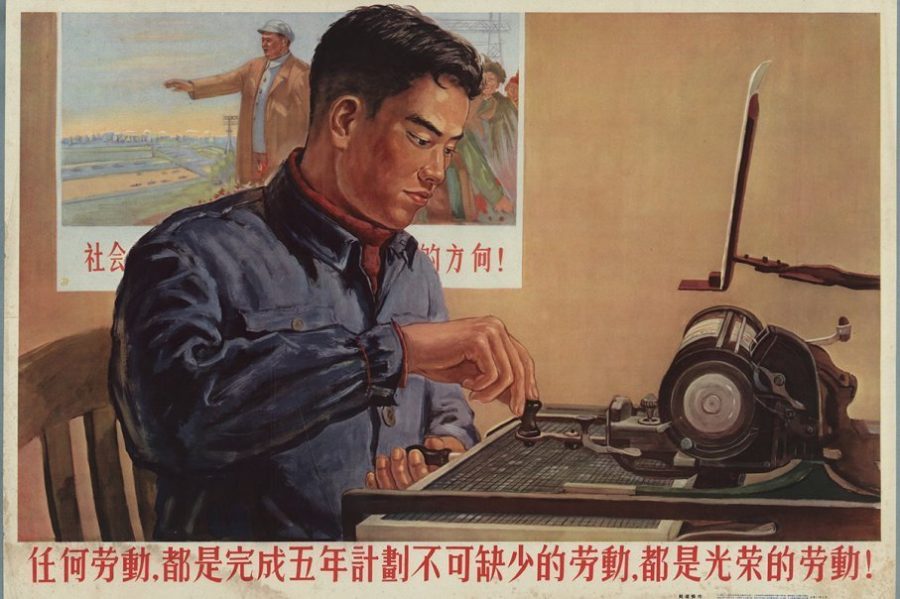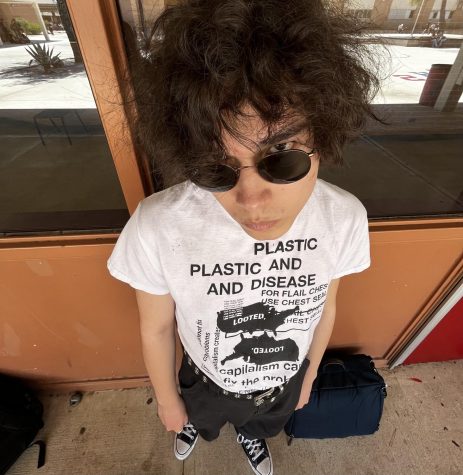China: Communist or Not?
Cultural Revolution propaganda poster. The poster features a Chinese typist.
September 3, 2021
China’s taken the spotlight with its genocide of Uyghurs (the native Muslim population of its northwestern province of Xinjiang), as the origin of the COVID pandemic, and as a rival-bordering-on-enemy of the United States. Old Cold War fears have been reignited as another ‘communist threat’ seems to be on the horizon, but just like its estranged brother in the USSR, China’s adherence to communist ideology is shaky at best. Beyond all the flashy red banners, hammers and sickles, and lip service paid by politicians, can China really claim to be a bastion of communism, or is it a nation clinging desperately onto aesthetics and assurances of “true communism” within the next decade to retain power and to cover up its ruthless persecutions?
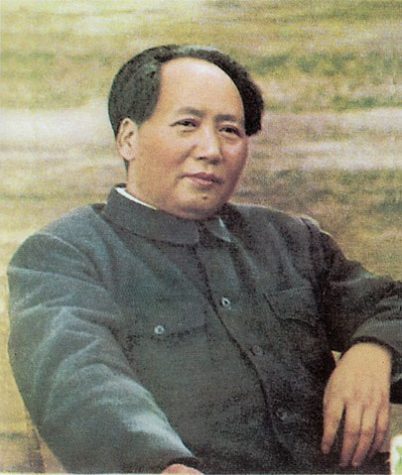
Modern China was established after a bloody civil war with the Kuomintang — the Chinese republicans and nationalists dominated by military warlords — which were defeated and exiled afterwards. At the time, the fledgling country was helmed by Mao Zedong, a young revolutionary and guerilla fighter developing his own theory of communism. After time, Mao Zedong fell out of power, becoming a figurehead in the country he had created, watching as his legacy was torn to shreds by opportunists and radicals seeking to succeed him as if he were already dead. A politically isolated Mao, in his deteriorating health, effectively handed power over to the right-wing of the Communist Party, but the power struggle continued. Mao’s loyalists were purged as well as those who deviated from the right opposition. Discontent eventually rose with the rightist government, and 2 years after Mao’s death, a previously-exiled politician by the name of Deng Xiaoping triumphed as chairman.
Deng, a revisionist, deviated significantly from Mao, engaging market or capitalist oriented reforms. China created its first ‘special economic zones’ in 1980, experimenting with the free market. Students launched protests against rampant government corruption in 1986, with the public becoming discontent again in 1988 as inflation rises over 30 percent in cities. Finally in 1989, the infamous Tiananmen Square Massacre takes place, slaughtering students protesting against the government, Deng, his liberal policies, and the grip of the government, which by now has become state capitalist, rising to the world’s second strongest economy. Deng falls out of leadership months later. By now, the Communist Party of China is only communist in name and aesthetic.
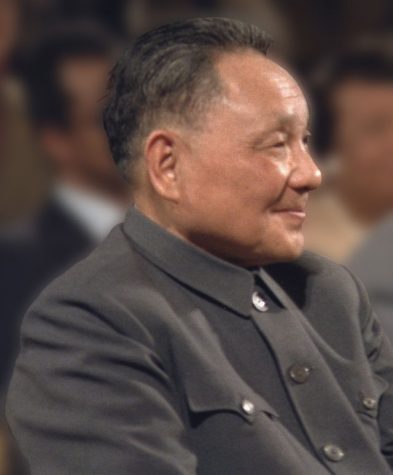
“Today’s China bears all of the hallmarks of a capitalist society ranging from private property to rampant consumption to exporting its overproduction,” Zheping Huang, a reporter for Quartz said in a 2018 article. A nation in transition to communism is a dictatorship of the proletariat, meaning that the masses, all those who work to survive, democratically control the apparatus of state. Not that the workers are being dictated, as some might draw from the name, but in China abuse of workers and curbing workers’ rights is astounding. 600 strikes and protests had been recorded in 2017 over numerous conditions and violations. How then, can a state claim to be communist when the very demographic that is supposed to democratically supervise the state and safeguard the revolution, is oppressed and mistreated?
Furthermore, China has accumulated a vast amount of commodities, something intrinsically linked to capitalism. As Marx says in Section 1 of Das Kapital, “The wealth of those societies in which the capitalist mode of production prevails, presents itself as ‘an immense accumulation of commodities,’ its unit being a single commodity.” The most damning and simple observation one can make regarding China is its aforementioned special economic zones which are open to private industry and investors. China permits the capitalist to thrive in its own borders. China permits the exploitation of workers and their wage slavery to a capitalist class which contradictory to socialism, has not been abolished but actively entertained. The fact is that China’s hollow praise for Marx and Mao are opportunistic and cynical; the party must keep up the facade of communism to retain its power over the country, to retain its legitimacy, and to continue its oppression of the working class.
“What will happen if our country fails to establish a socialist economy? It will turn into a country like Yugoslavia, a bourgeois state in effect, and the dictatorship of the proletariat will turn into a bourgeois dictatorship, and for that matter a reactionary, fascist dictatorship.” — Mao Zedong


